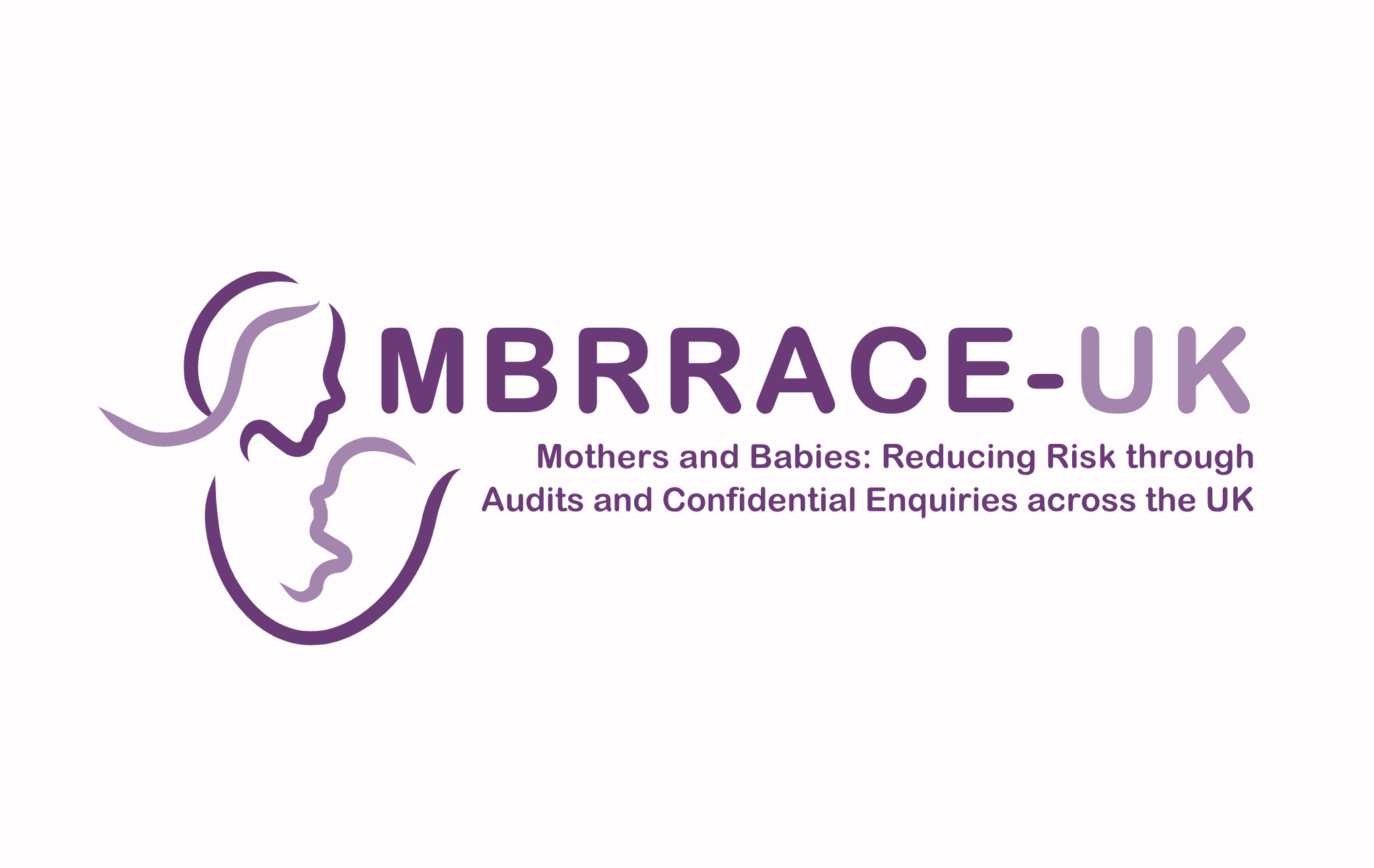Response to the MBRRACE-UK Perinatal Mortality Surveillance Report
The Birth Companions Institute welcomes the publication of the latest report on stillbirths and neonatal deaths of babies born in 2023.
The Birth Companions Institute welcomes the publication of the latest report on stillbirths and neonatal deaths of babies born in 2023.

The Birth Companions Institute welcomes the publication of the latest MBRRACE-UK Perinatal Mortality Surveillance Report, which focuses on stillbirths and neonatal deaths of babies born in 2023.
We acknowledge the continued efforts to monitor and reduce perinatal deaths across the UK, but while we are encouraged by the overall decline in stillbirth and neonatal mortality rates, we are deeply concerned by the persistent and widening inequalities highlighted in this year’s findings.
The report reveals that babies born to mothers living in the most deprived areas continue to face significantly higher risks of death before or shortly after birth. In 2023, neonatal mortality rates for these babies increased for the second consecutive year, now standing at 2.50 per 1,000 live births, more than double the rate for babies born to mothers in the least deprived areas (1.03 per 1,000 live births).
Equally troubling are the disparities linked to ethnicity. Babies of Black ethnicity remain more than twice as likely to be stillborn compared to babies of White ethnicity (5.84 vs. 2.71 per 1,000 total births). Neonatal mortality rates also remain disproportionately high for babies of Asian and Black ethnicity compared to their White counterparts.
These figures are not just statistics—they represent lives lost and families devastated. They reflect systemic inequalities in access to care, quality of care, and the broader social determinants of health. For the women we support—many of whom face multiple disadvantages including poverty, racism, insecure housing, immigration challenges, and involvement with the criminal justice system—these disparities are a daily reality.
The Birth Companions Institute calls for urgent, targeted action to address these inequities. This must include:
Every baby deserves the best possible start in life, and every mother deserves respectful, equitable care. We stand ready to work with partners across the health and social care system to make this a reality.
For more information on anything mentioned in this article, please get in touch.